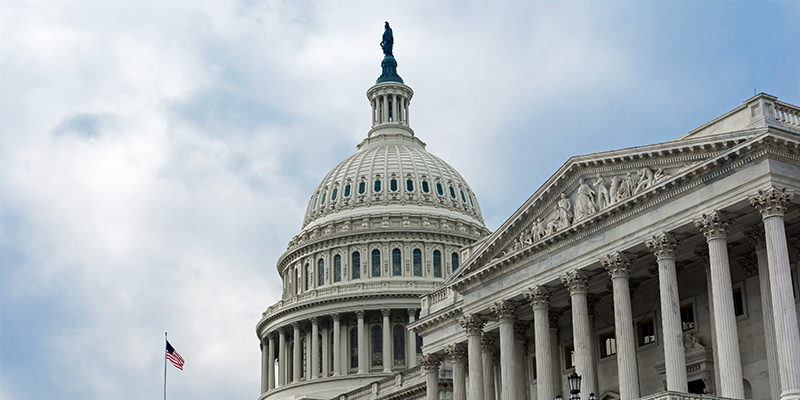While polls leading up to last Thursday’s U.K. EU referendum were close, the “leave” outcome caught many people – and global markets – by surprise. Many U.S. and foreign investors and developers are left wondering what strategy to take going forward and what, specifically, this could mean for the U.S.
Echoing two of the Distinguished Fellows interviewed by NAIOP’s Market Share prior to the results of the referendum vote, JLL research proposes that “U.S. real estate investment could ultimately see a bit of a safe haven boost.” Property demand implications could be slightly negative, however, as financial and currency market volatility may shake consumer and business confidence in the months ahead. The uncertainty about what to expect in the short- and long-term will likely have a bigger impact on multinational export businesses and those with U.K.-focused operations, JLL reports.
While U.S. REITs have fallen since the referendum results, JLL notes the decline is relatively modest compared to the overall S&P 500 index. The initial real estate stock performance indicates that “investors anticipate U.S. commercial property will hold up well fundamentally and serve as a relatively safe investment during this time of heightened global volatility and uncertainty – thus appealing to investors as an asset class.”
Indeed, economist Mark Dotzour, Ph.D., pointed to the appeal of U.S. real estate investments during his keynote address in April at NAIOP’s I.CON ’16: Impact Projects. “Don’t underestimate how strong our country is compared to everywhere else on the planet” and how that drives the influx of foreign capital, he said.
“The U.K.’s decision to exit the European Union underscores the U.S. investment thesis and could trigger a new wave of foreign capital inflows to high-quality, well-located assets,” according to Sam Chandan, founder and chief economist of Chandan Economics, in an interview with CNBC. “Gateway markets” like New York and San Francisco exemplify the “safe harbor of American properties,” says Chandan, when compared to the economic and political instability elsewhere in the world.
It’s also possible that a devalued pound might draw foreign investors to British real estate as prices drop – “if investors are willing to stomach that risk,” reports Bloomberg Gadfly. Without knowing the long-term impact of Brexit, it remains too soon to tell if that risk would pay off. “The U.S. and U.K are both home to global financial centers that enjoy heavy foreign property investment,” concludes Bloomberg Gadfly. “Brexit has thrown an unusual disruption into the shared orbit of the two countries and it may have a lasting impact on the commercial real estate market.”














